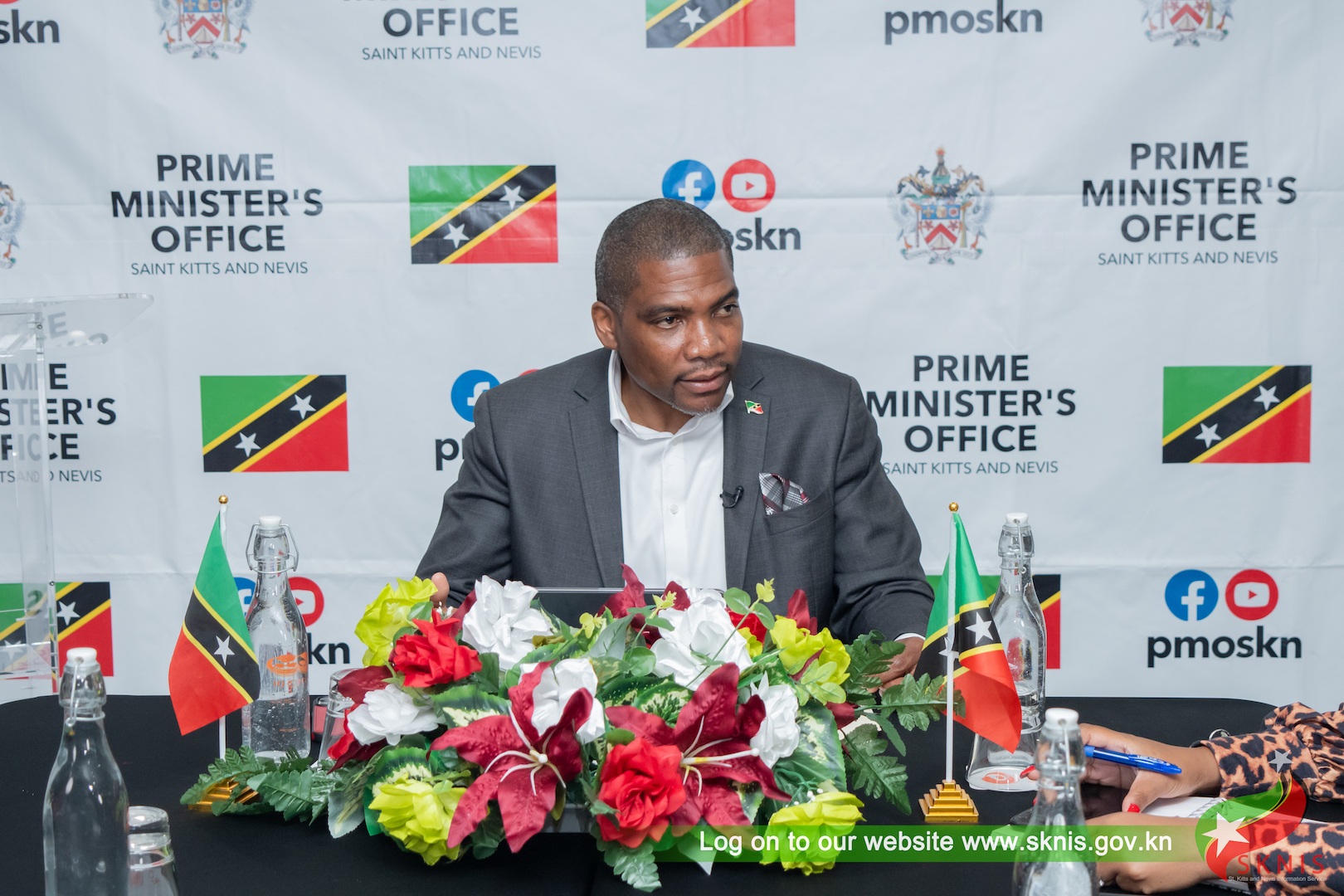Prime Minister Pledges Action Against Price Gouging Following VAT Reduction
The government of St. Kitts and Nevis, led by Prime Minister Hon. Dr. Terrance Drew, has taken decisive action to alleviate the financial strain on its citizens caused by global inflation. A key element of this strategy is the reduction of the Value Added Tax (VAT) from 17% to 13%. This measure aims to provide immediate relief to households grappling with rising costs of essential goods and services. The Prime Minister, in a recent national address, underscored the government’s commitment to ensuring that this tax relief translates into tangible benefits for the people. He expressed deep concern over reports of some businesses attempting to negate the impact of the VAT reduction by raising prices, emphasizing that such practices are unacceptable and will not be tolerated. This proactive stance reflects the government’s dedication to protecting consumers and promoting a fair and equitable economic environment.
Recognizing the potential for exploitation, the Prime Minister announced a series of measures to enforce compliance with the VAT reduction. The Inland Revenue Department and Customs will intensify their monitoring efforts, scrutinizing invoices, profit margins, and pricing structures of businesses to detect any attempts at price manipulation. This rigorous oversight will ensure that businesses adhere to the new VAT rate and pass on the intended savings to consumers. Furthermore, the Prime Minister called on the media and the public to play an active role in this endeavor, urging them to report any instances of unfair pricing to the authorities. This collaborative approach, involving government agencies, media outlets, and citizens, underscores the collective responsibility in safeguarding consumer rights and ensuring the effectiveness of the VAT reduction.
The Prime Minister’s address situated the VAT reduction within the broader context of the global inflation crisis, which has impacted economies worldwide. St. Kitts and Nevis, like many other nations, has experienced rising prices for food, utilities, and other essential commodities, placing a significant burden on households. The VAT reduction forms part of a comprehensive set of measures implemented by the government to mitigate the impact of inflation. These include subsidies on essential services such as electricity and water, the innovative “Budget Boost Wallet” initiative, and programs to enhance local food production through agricultural modernization. These complementary strategies demonstrate the government’s multi-pronged approach to addressing the challenges posed by inflation and supporting the well-being of its citizens.
The Prime Minister expressed his disappointment at reports of businesses attempting to capitalize on the situation by unfairly increasing prices, emphasizing that this behavior undermines the government’s efforts to provide relief to the population. He stressed that this is not merely an economic issue but also a matter of ethical conduct and fairness. The government’s commitment to swift and decisive action against such practices reinforces its dedication to protecting consumers and ensuring a just economic landscape. The Prime Minister’s strong stance signals that businesses engaging in price gouging will face consequences, underscoring the government’s resolve to maintain market integrity and prioritize the welfare of its citizens.
Beyond immediate relief, the Prime Minister highlighted the long-term economic benefits of the VAT reduction. He noted that by increasing consumers’ purchasing power, the measure would stimulate consumer spending, ultimately benefiting businesses through increased sales volume. This perspective emphasizes the interconnectedness of the economy and the positive ripple effect that can result from policies that empower consumers. By framing the VAT reduction as a mutually beneficial strategy, the Prime Minister encouraged businesses to adopt a collaborative approach and recognize their role in supporting a sustainable and inclusive economic environment. This collaborative vision underscores the government’s belief that a healthy economy requires shared responsibility and a commitment to fairness from all stakeholders.
To ensure the effectiveness and fairness of the VAT reduction, the Prime Minister pledged ongoing engagement with key stakeholders, including the Chamber of Industry and Commerce. This collaborative dialogue will address concerns, monitor the impact of the policy, and facilitate a shared understanding of its objectives. The Prime Minister urged all businesses to uphold ethical practices and embrace their role in the national effort to mitigate the effects of inflation. This call for collective action reinforces the government’s commitment to a partnership approach in addressing economic challenges and building a stronger, more resilient economy. By fostering open communication and collaboration between the government and the private sector, the Prime Minister aims to create a sustainable and inclusive economic future for St. Kitts and Nevis.
Share this content:












Post Comment